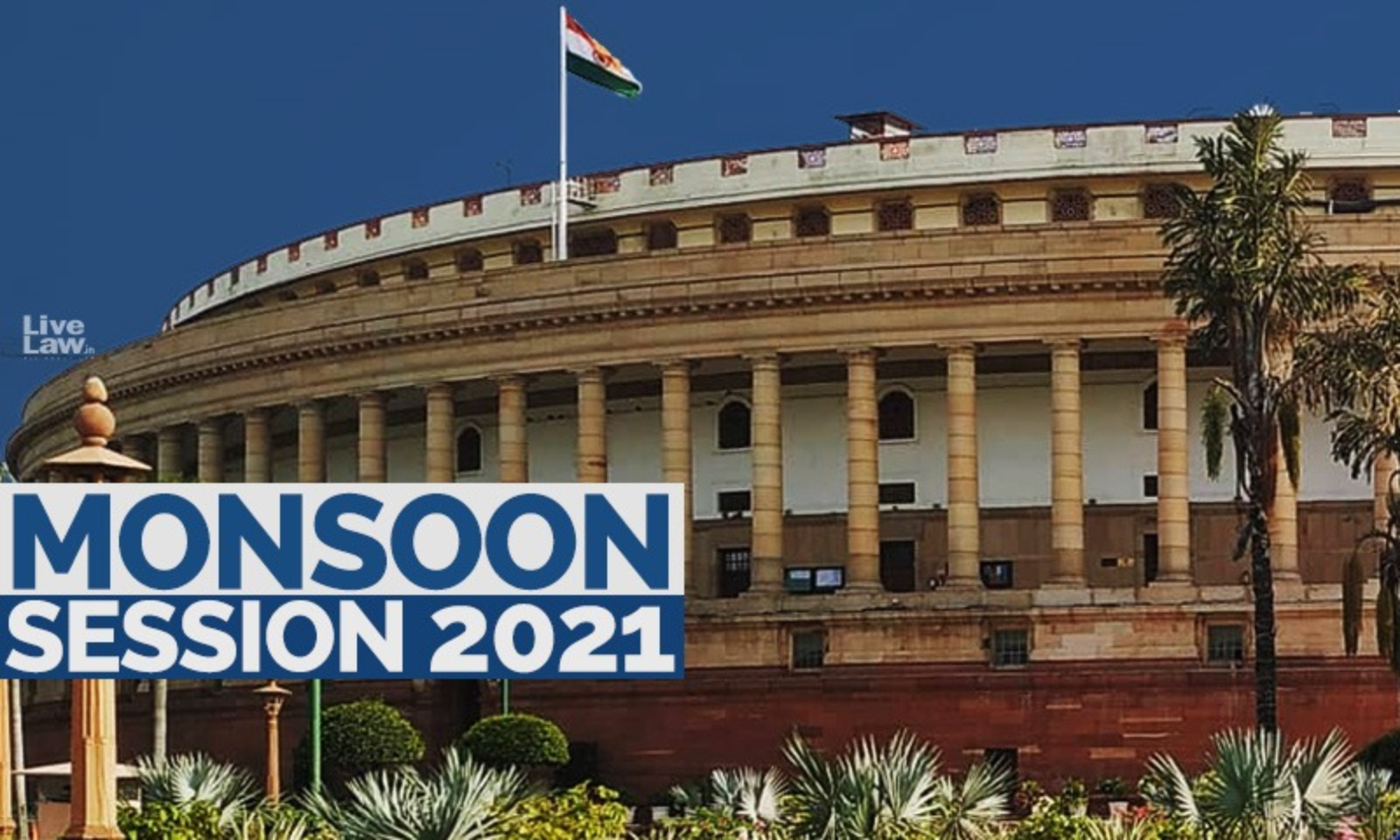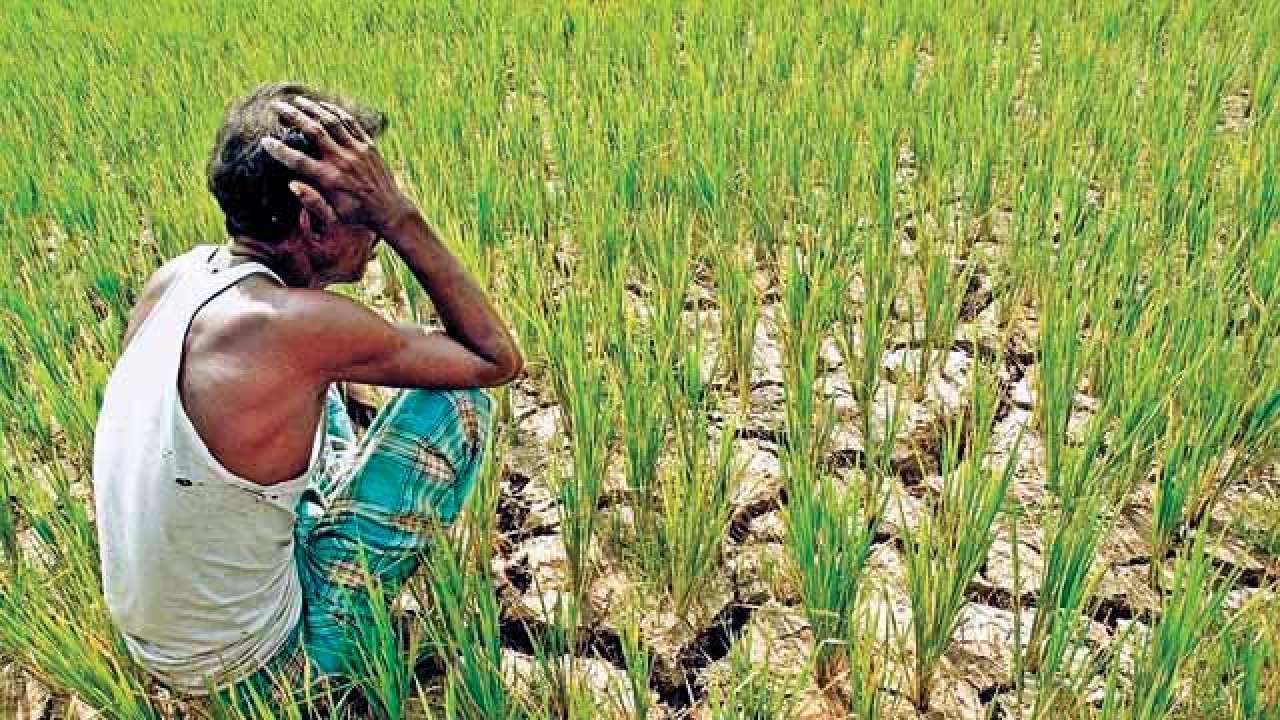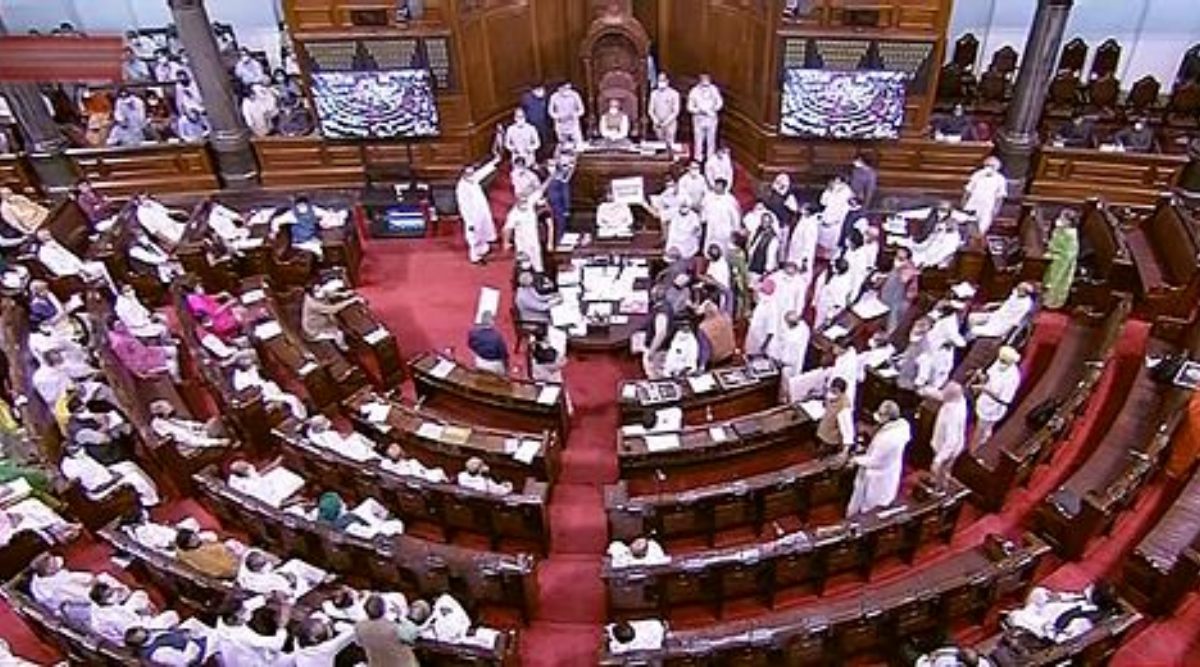Monsoon Session Fast Approaching: 11 Important Ordinances to be Staged in the Monsoon Session
Monsoon Session Fast Approaching: 11 Important Ordinances to be Staged in the Monsoon Session
The transmission of coronavirus has changed the dimensions of all aspects of our life, primarily our lifestyle in the public domain. The world has come to an absolute lull because of COVID and the economy has been stalled. This trend cannot continue forever and people have to embrace the ‘new normal’ as a part of their lives.

Thinking on the same lines, the parliamentarians also have to convene the houses of Parliament as per the existing schedule. The Monsoon Session of the parliament is all set to convene, however, its duration is still in question. However, there is a possibility that the session might be conducted virtually, but the Parliamentary ministers are working to convene the session as it normally does.
In India, the Parliament sits three times in the house to convene sessions in a year. The first session is the budget session wherein, the budget is presented and other fiscal matters are brought to the floor, it takes place from February to March. The second session is the Monsoon session that is all set to convene. This session is usually convened from July to August. The third session is the Winter session that is convened from November to December. Each session has specific agendas or ordinances which are, discussed upon which are then passed as either Amendments or Bills. These bills are further transformed into the laws we all abide by.
The government is amply adamant to convene the session as there are as many as 11 important agendas for the Parliament to look at. All these agendas are key points around which the country would revolve. These agendas also include the cause and concerns of the front-liners who have been working day in and day out with a sword of danger hanging over their head.
These ordinances also center around the ongoing fight of the pandemic along with some ordinances that were already in place. All the ordinances listed for the Monsoon Session of the Parliament can be called India’s first step towards a better tomorrow. The government is keen on organizing a full parliamentary session and not a compromised one as all the issues require urgent attention.
However, there might be some issues that couldn’t make to the list of the ordinances in the current session which includes limited issues that have to be focused on, and increasing health infrastructure is not one of them. However, the line up of road to development is progressive enough and should be applauded.
One of the aspects worth noting would be how the session of the Parliament would be convened. What course would the session take, how would the parliamentarians reach the national capital for these sessions, and what measures of social distancing and community hygiene would be taken? These are some of the questions which are being thought about.
Agenda 1
The Salaries and Allowances of Ministers (Amendment) Ordinance, 2020

This Amendment was promulgated by the President of India in April. This amendment allows a salary cut of 30% from the salaries of the Prime Minister and his entire Council of Ministers for over a year keeping the outbreak of COVID-19 in mind. The monthly salary of the Prime Minister is around 20 lakhs and the annual salary is around 9 crore which means a total cut of 6.7 lakhs would be made if 30% is cut from the annual salary of the Prime Minister.
Agenda 2
The Salaries, Allowances, and Pensions of Members of Parliament (Amendment) Ordinance, 2020
This ordinance was promoted by the President himself on April 7 this year. Under this, the Union Cabinet has approved a 30% cut from the salaries of Members of the Parliament. A two-year suspension has also been put on the MP Local Area Development (MPLAD) scheme so that the amount can be transferred to the Consolidated Fund of India to battle against the pandemic.
Agenda 3
The Epidemic Diseases (Amendment) Ordinance 2020

This ordinance was promulgated on 22nd April. It gives protection and recognition to the frontline fighters against physical attacks on doctors and other health care staff. It would also make the violence against healthcare workers as a non-bailable offense. The offenses have been made punishable by law for seven years or more. This ordinance was promulgated in the wake of violence against the healthcare workers in the early of COVID outbreak in India. This step is way too progressive and protects the healthcare workers by the power of law.
Agenda 4
The Essential Commodities (Amendment) Ordinance 2020
This ordinance came into being recently on June 5. This ordinance guarantees essentials items such as edible oil, onions, cereal, and pulses. The only commodity to be deregulated is potatoes. However, this ordinance lacks a lot of essential commodities one amongst them being sanitary napkins. Sanitary Napkins are still not considered essential in a country with 48% of women residing in it. This ordinance only includes edible items which are also a very narrowed down approach.
Agenda 5
The Farmer Produce Trade and Commerce (Promotion and Facilitation) Ordinance, 2020

This ordinance was also recently promulgated on June 5th. This agenda brings forth the promotion of barrier-free inter-state and intra-state commerce which would take place outside the premises of markets as notified in the state Agricultural Produce legislation. This agenda would solve the problem of scarcity of agro-based products that took place in many states during the pandemic.
Agenda 6
The Homeopathy Central Council (Amendment) Ordinance 2020
This agenda was promulgated on 24th April. This ordinance would amend the original Act of Homeopathy Central Council (1973). The amendment would regulate and somewhat alter the internal structure of the council. The Ordinance amends the Act for the increase in the supersession period from the two to three years.
Agenda 7
The Farmers (Empowerment and Protection) Agreement on Price Assurance and Farm Services Ordinance, 2020

This ordinance was proposed on June 5 in wake of the ongoing pandemic and its impact on the farmers. The MSP for farm produce has hit its lowest in the Subzi Mandi, which is highly debatable. This has also given rise to black marketing and exploitation of the farmers and their farm produce. The ordinance would allow the farmers to involve with aggregators, processors, large retailers, wholesalers, and exporters on an equal ground that would reduce the fear of ill-treatment. This ordinance has come as a major decision-maker in the house. This will allow and empower the farmers to work according to their benefit.
Agenda 8
The Indian Medicine Central Council (Amendment) Ordinance 2020
This ordinance came into existence on 24th April. This ordinance calls for a supersession of the Central Council. The Central Council would be internally restructured within 1 year from the date of supersession. During the supersession period, the government will institute a board of directors for the functioning of the council. The board of directors will include a maximum number of ten distinguished personalities in the field of medicine.
Agenda 9
The Taxation and Other laws (Relaxation of Certain Provision) Ordinance 2020

This ordinance was promulgated on March 31st. This ordinance would extend the time limits for many taxes under the Taxation and Benami Acts. It also extends a time limit for other taxes that fall under the Rules of the Taxation policy. This move has been taken due to the global crisis of Coronavirus. This ordinance if passed would become a very progressive decision since the money flow in the economy is at a steady pace. This might also put the Finance Ministry on a backfoot since the taxes would be paid late than they were usually paid and this might disrupt the chain of events that the government would plan further.
Agenda 10
The Banking Regulation (Amendment) Ordinance 2020
This ordinance was promulgated on June 26th. This original act of 1949 is only applicable to Cooperative banks. This ordinance will look forward to guarding the interests of the depositors and strengthens cooperative banks by improving governance and oversight by extending powers vested with the RBI. However, if passed the amendment would not affect the already prevalent powers of the States Registrars of Co-operative Society under state co-operative laws. The amendment would also not apply to Primary Agricultural Credit Societies of Co-operative societies.
Agenda 11
The Insolvency and Bankruptcy Code (Amendment) Ordinance 2020
The ordinance was promulgated on June 6th. The ordinance strives to alter the Insolvency and Bankruptcy Code of 2016. The code provides for a time-bound process for resolving insolvency in companies and amongst individuals. The ordinance exempts specific companies from the provisions of the code, given the initiation of the corporate insolvency resolution process.

Out of these 11 agendas, 6 are of utmost urgency as these ordinances would lapse as the time of their initiation will be over. The winter session would then take place in December and within that time, the 6 ordinances would expire.
Therefore, the Monsoon session of the Parliament becomes important to convene, given the prevailing circumstances the situation looks gloomy. The concerned officials, Pralhad Joshi Parliamentary Affairs Minister and Ministers of State Arjun Ram Meghwal, V Muraleedharan have been holding meetings with the speaker of Lok Sabha Om Birla and the Chairman of Rajya Sabha M Venkaiah Naidu over video conference to finalize some measures and middle ground to convene the Monsoon Session.
The Monsoon session of the Parliament is yet to be scheduled and the government is not ready to compromise with the nature of the Parliamentary session. As a supportive gesture, the opposition leaders are also ready to comply with the government as the lawmaking process includes both the factions who sit on the right and the left of the Speaker’s chair. This is, however, the true spirit of a Democracy and will set an example for future Parliamentarians. Now, the most noteworthy elements would be the convention of the Monsoon Session as that would act as an inching step for India’s development.




